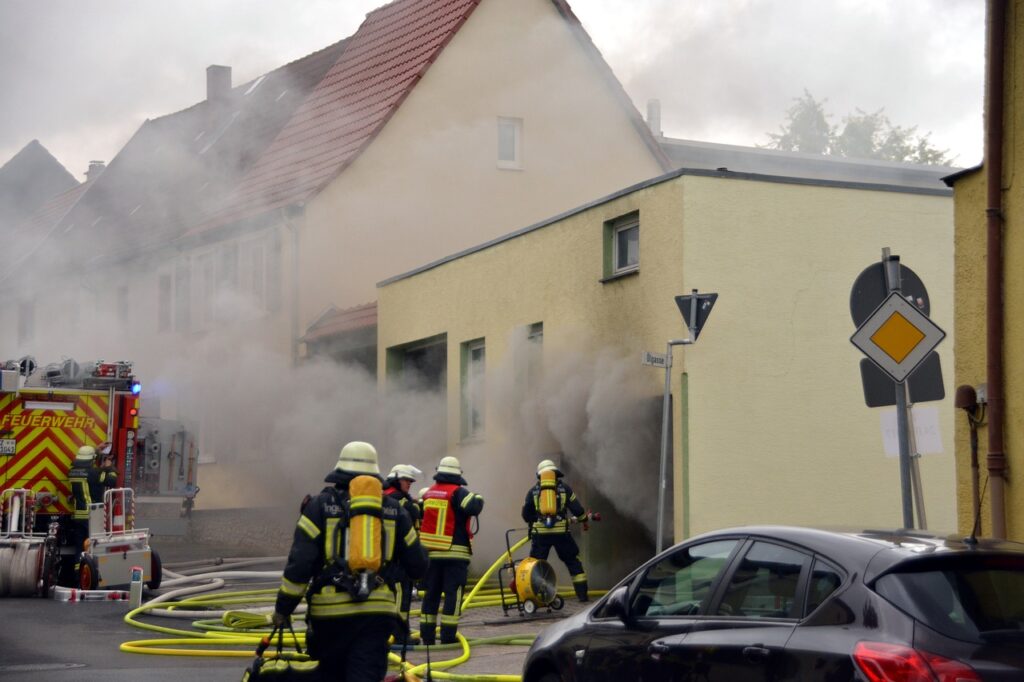Devices with lithium-ion batteries can be found in practically every household today. They are installed in fitness trackers, smartphones, electric toothbrushes, e-bikes, tablets, notebooks and many other devices. It happens time and again that such a battery burns, causing considerable damage. This is not a rare occurrence, but usually only local newspapers report on it.
Battery burns – reports mostly only in local newspapers
Fires involving e-bike batteries occur relatively often, for example in the north in Lübz or in Asperg near Stuttgart. In both cases, the flats or the house were no longer habitable. But such fires also occur with smaller batteries. For example, a battery in a hand lamp even set fire to a fire engine of the fire brigade. Or the batteries of tools burn, as in Niedertalheim, Austria. In the case of larger batteries, the fires are for the most part even more dramatic. For example, an electric car in Spandau burned for a whole four hours. These are just a few results from the last few days in a Google search.

Why are the batteries so difficult to extinguish?
Lithium-ion batteries can be exposed to high temperatures during charging. If this causes damage to the layer structure of the metal oxides used, a thermal reaction can occur. High amounts of energy are released and elemental oxygen is formed. With the high heat input, the electrolyte liquid evaporates and easily combustible gases are formed.
As soon as these gases ignite, the lithium-ion cell burns. The fire of the first cell triggers a self-reinforcing process that is difficult to stop. Since the battery housings are usually thermally insulated, extinguishing water usually does not reach the source of the fire. A battery fire can therefore only be extinguished by external cooling. However, this requires enormous amounts of water.
Smothering the flames, for example with a fire blanket or a fire extinguisher, is mostly unsuccessful because the oxygen required for the fire is generated from within the battery itself. Ultimately, the only thing that helps is to cool the battery in a sufficiently large water bath to reduce the temperature below the ignition temperature. Batteries often ignite if they are removed from the water bath again too soon.
What can I do if my battery is on fire?
If the fire or the heat still allows it, the battery should be placed in a larger container with water as quickly as possible and left there for several hours. If this is no longer possible, you should call the fire brigade. In the meantime, you can try to cool down the battery with water. But be careful, dangerous gases are formed in the fire and can ignite. In the case of a fire in a solar storage unit in Althengstett, Baden-Württemberg, there was even an explosion that destroyed the entire house. If in doubt, move away from the source of the fire as quickly as possible and wait until the fire brigade arrives.
